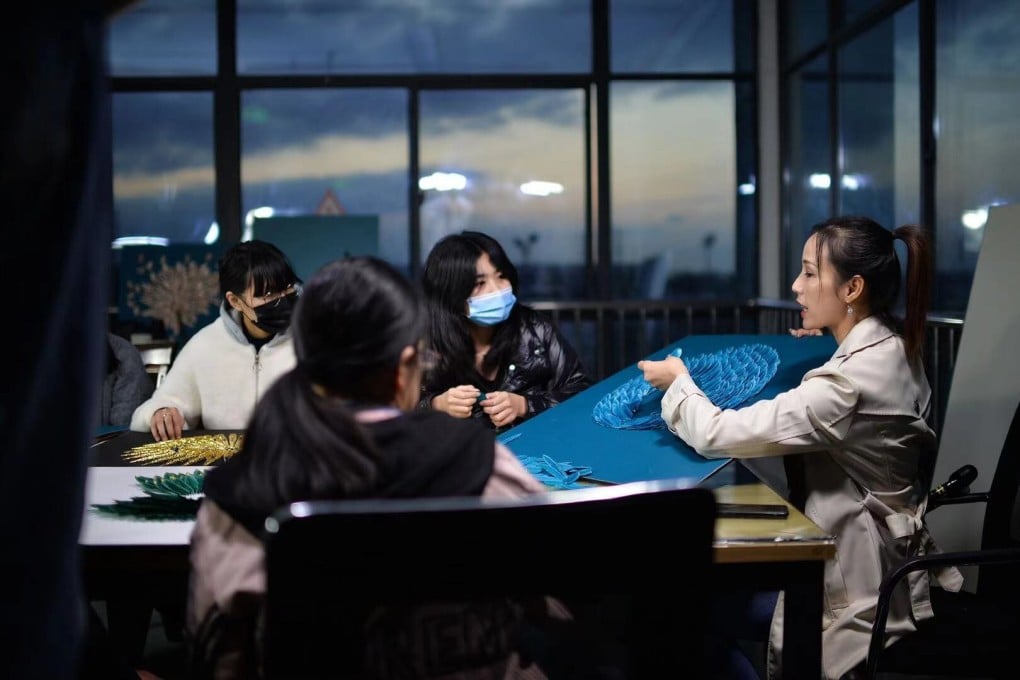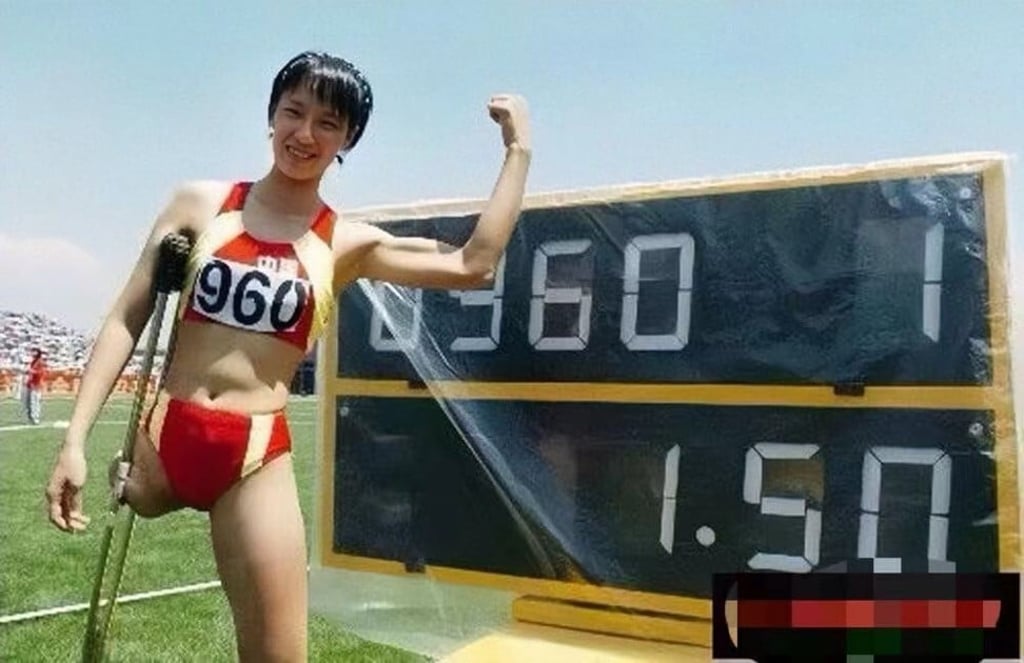Bodybuilder with one leg sets up disability centre to help and inspire China’s 85 million disabled people
- World record holder, Paralympian and mother of one Gui Yuna has overcome countless setbacks and hurdles in her life
- She has established the Wu’ai Disabled People’s Home to inspire and help other disabled people

China’s prize-winning female body builder Gui Yuna is showing the world just what disabled people like her can achieve. The fiercely determined 37-year-old can already lay claim to being an Olympian, a world-record holder, a prize-winning bodybuilder and a mother of one – despite having lost a leg in a road accident when she was seven.
Now the inspirational athlete, who recently won first prize on her bodybuilding debut in Huai’an, a city in Jiangsu province, has plunged headfirst into her next challenge – establishing a disability centre she hopes will inspire millions of Chinese like her.
The foundations for the disability centre are built on Gui’s own experience of discrimination in the working world, rejected repeatedly by employers who said she did not match their image. “I applied to nearly 20 companies and all of them said the same thing.”

While her disability may have presented uncharted territory for potential employers to even attempt to navigate, it wasn’t the first – or last – hurdle she would have to overcome. Gui’s formidable achievements are a stark contrast to the challenges she has faced.
Born in Nanning, the southern capital of the Guangxi province near the Vietnamese border, Gui was raised by her mother because her father died before she was born. At the age of seven, Gui’s life took a tragic turn, when a truck ploughed into her on the way home from school. When she woke, her leg had been amputated.